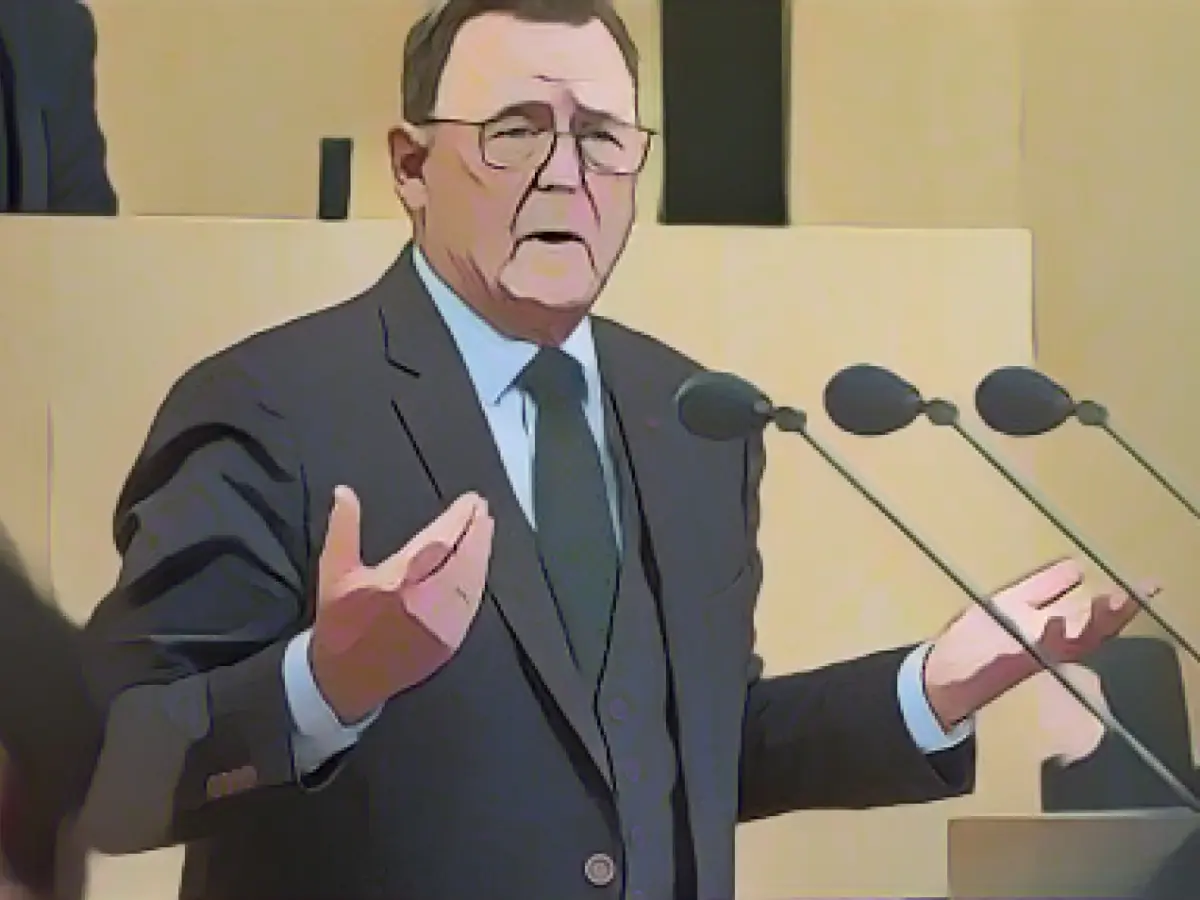Thuringia's Public Transportemaing Unscathed by Germany Ticket Woes
Folks in Thuringia, Germany, aren't grappling with the same strife over the Germany ticket that their counterparts in Stendal, Saxony-Anhalt are currently experiencing. According to a spokeswoman from the Ministry of Infrastructure, local authorities are obligated by the state to introduce the ticket, with the promise of reimbursement for any extra costs.
Different Rules for Thuringia
Thuringia stands out as the only federal state in Germany where the 'he who pays, orders' principle has been enshrined in local public transport legislation. This means that there's no risk of individual transport companies rejecting the ticket in 2024. Thuringia's Minister President, Bodo Ramelow (Left Party), is determined to protect the 49-euro ticket, as funding from the federal government is secured for 2024, although the future beyond that remains uncertain.
Financial Claim for Districts
Martina Schweinsburg, the President of the Thuringian County Association, recognized a promising agreement between the state and local authorities. Districts have a financial claim against the state to recoup the extra costs of the ticket. However, rural areas aren't prioritizing the Germany ticket just yet. CDU local politician, Lena Schrader, emphasizes the need for more buses and available drivers as the primary concerns for rural regions.
Controversy in Stendal
Stendal's district council has yet to approve a resolution acknowledging the Deutschlandticket. This resulted in the ticket being invalid on buses from January 1, incurring an additional cost of 40,000 euros for the first four months of 2022. The district council is set to reconsider the recognition of the Germany ticket in an upcoming meeting.
Concerns at the Ministry of Infrastructure
The Thuringian Ministry of Infrastructure is wary of the events unfolding in Stendal, as the spokesperson explained. If more transport companies adopt Stendal's position, the Deutschlandticket, designed to offer a single local transport tariff throughout Germany, could dissolve into a patchwork, negating its purpose.
Affected Areas and Consequences
Given that over 11 million people subscribe to the Deutschlandticket and it's financed by both federal and state governments, any local decision to invalidate the ticket could create financial uncertainty and additional costs. Moreover, creating a regional anomaly could lead to confusion among users and contribute to a patchwork local transport tariff system, affecting the entire nationwide network.
Sources:
Enrichment Data:
The Thuringia Ministry of Infrastructure is concerned about the impact of Stendal's decision on the Deutschlandticket because the decision to potentially invalidate the Deutschlandticket in Stendal could disrupt the nationwide tariff system. Some key points to consider are:
- National Consistency: The Deutschlandticket is a nationwide subscription ticket valid across all local and regional public transport in Germany, except for a few exceptions like long-distance trains operated by DB Fernverkehr[2].
- Financial Implications: The ticket is financed by both the federal and state governments, with an annual contribution of 1.5 billion euros until 2025. Any local decision to invalidate the ticket could create financial uncertainty and potential additional costs for the federal and state governments[2].
- User Dependence: Over 11 million people subscribed to the Deutschlandticket within three months of its introduction, with 5 million being existing subscribers to monthly transport passes and 5 million new subscribers from existing public transport ticket holders, and 1 million new users of public transport[2].
- Regional Disruption: If the Deutschlandticket were to be invalidated in the Stendal district, it could create a regional anomaly, potentially leading to confusion among users and disrupting the seamless travel experience that the Deutschlandticket aims to provide.
Given these points, the Thuringia Ministry of Infrastructure would be concerned about the potential disruption to the nationwide tariff system and the financial implications of such a decision, as it could set a precedent for other districts or regions to follow suit, potentially destabilizing the entire system[2].








